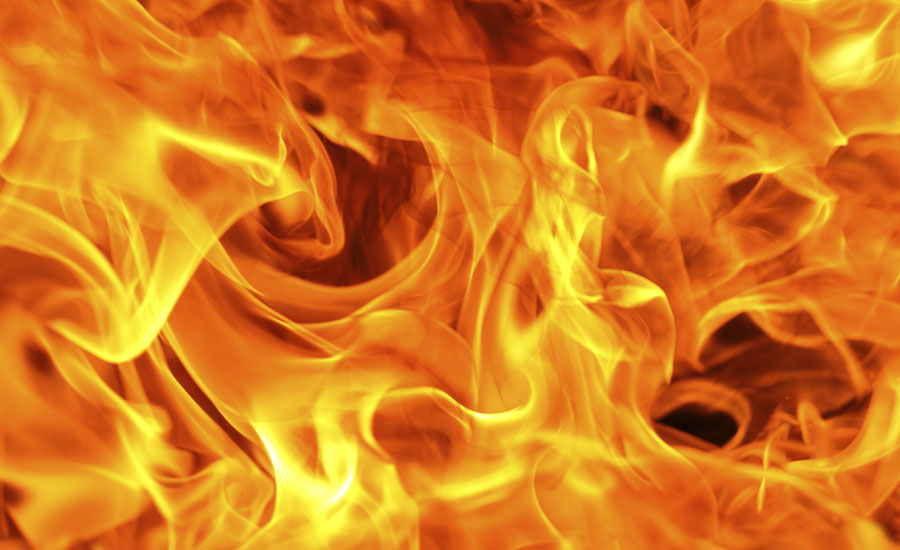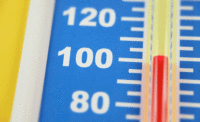Firefighters aren’t the only workers who are exposed to smoke from California’s wildfires. Employees who are working in outdoor areas in proximity to wildfire smoke – which can contain chemicals, gases and fine particles that can harm health – must also be protected, according to Cal/OSHA.
The agency says that breathing fine particles is the biggest hazard posed by wildfire smoke. The particles can can reduce lung function, worsen asthma and other existing heart and lung conditions, and cause coughing, wheezing and difficulty breathing.
Cal/OSHA has posted materials that provide guidance for employers and workers on working safely in conditions with heavy smoke caused by the wildfires. Employers with operations exposed to wildfire smoke must consider taking appropriate measures as part of their Injury and Illness Prevention Program under Title 8 section 3203 of the California Code of Regulations and as required under section 5141 (Control of Harmful Exposure to Employees). Those measures include:
- Engineering controls whenever feasible (for example, using a filtered ventilation system in indoor work areas)
- Administrative controls if practicable (for example, limiting the time that employees work outdoors)
- Providing workers with respiratory protective equipment, such as disposable filtering facepieces (dust masks).
About respiratory protection:
- To filter out fine particles, respirators must be labeled N-95, N-99, N-100, R-95, P-95, P-99, or P-100, and must be labeled approved by the US National Institute for Occupational Safety and Health (NIOSH).
- Approved respiratory protective equipment is necessary for employees working in outdoor locations designated by local air quality management districts as “Very Unhealthy,” “Unhealthy” or “Hazardous.”
- It takes more effort to breathe through a respirator, and it can increase the risk of heat stress. Frequent breaks are advised.
- Workers feeling dizzy, faint or nauseous are advised to go to a clean area, remove the respirator and seek medical attention.
- Respirators should be discarded if they become difficult to breathe through or if the inside becomes dirty.



